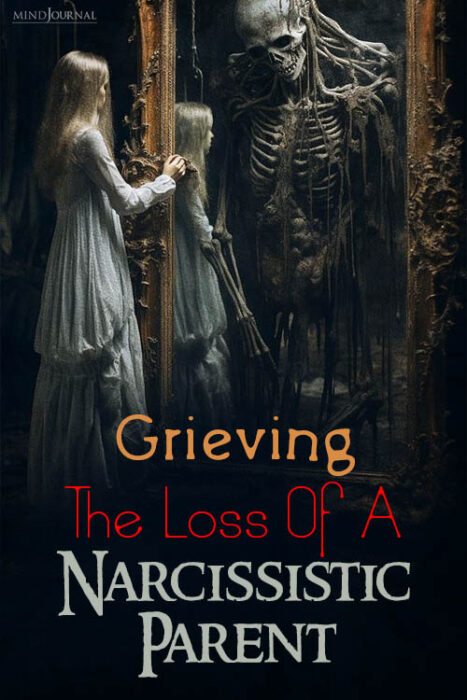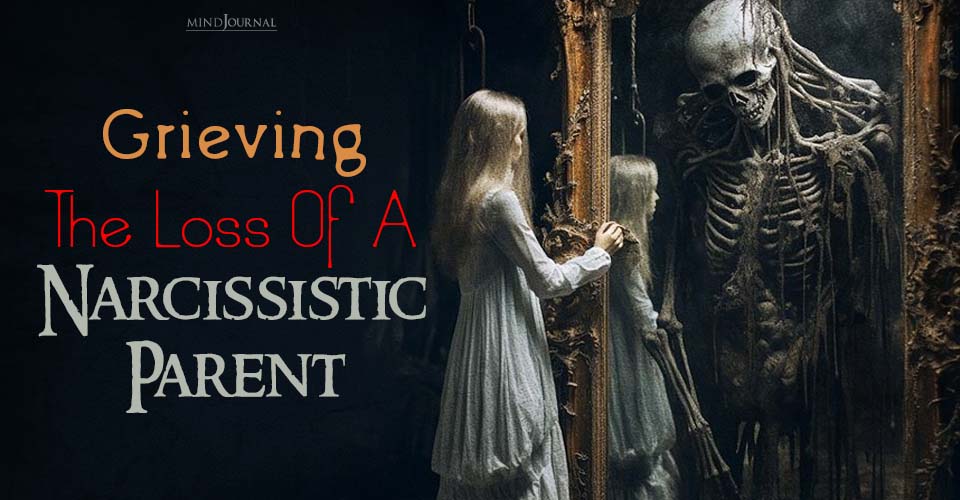Grieving a narcissistic parent can feel like navigating an emotional rollercoaster with no clear path forward. It’s a complicated grief that often comes with mixed feelings and unresolved issues. This article is going to talk about how to navigate your feelings through this challenging time.
Losing your mother is a major life event for any woman.
But for daughters of narcissistic mothers, it can be much more fraught. The death of a narcissistic mother can bring up so many different feelings and memories.
You might re-experience your longing for a perfectly nurturing maternal presence. You might experience anger and sadness. Memories of your difficult relationship and everything you missed out on can stop you from fully grieving.
She was never what you wanted. She never really loved or nurtured you, you don’t actually miss her….so why do you feel so sad?
It is a roller coaster of often unconscious emotions. Hating her or resenting her limitations doesn’t mean you don’t also miss her or feel grief around her loss.
Your mother’s death means you will never be able to rehabilitate your relationship, never get to have the relationship you longed for. It can also bring back all the pain and trauma of growing up with someone who didn’t take the time to understand you and never loved you in the way you needed.
Related: The Aging Female Collapsed Narcissist
Tips For Those Navigating Complicated Grief After The Death Of A Narcissistic Parent
1. Acknowledge the Complexity of Emotions.
Grieving for a narcissistic parent is a complex and layered process. You might experience a wide range of emotions, including relief, guilt, anger, sadness, and confusion. Recognise that these emotions are valid and natural responses to the relationship you had with your parent.

2. Validate Your Experience.
It is crucial to validate your experience and give yourself permission to grieve, even if others may not fully understand the complexities of your relationship. You may have experienced emotional abuse, manipulation, or neglect, which can leave lasting scars.
It’s okay to mourn the loss of the parent you wished you had, even if they were not capable of providing it.
3. Seek Support.
Reach out to a supportive network of friends, family, or a therapist who can provide a safe space for you to express your feelings and process your grief. Sharing your thoughts and experiences with trusted individuals who can offer empathy and understanding will be immensely helpful.
4. Practice Self-Compassion.
Self-compassion is crucial when grieving a narcissistic parent. It’s essential to recognize that you did your best within the circumstances and that you deserve love, care, and healing. Be patient with yourself and allow yourself time to heal without judgment.
5. Set Boundaries.
While your narcissistic parent may have passed away, it is still essential to establish and maintain healthy boundaries.
Protect yourself by limiting your exposure to potential triggers and negative influences, especially from other family members or unresolved issues associated with the parent. Prioritise your well-being and surround yourself with people who support your healing journey.
6. Explore Your Feelings.
Grieving a narcissistic parent often involves unraveling and understanding the complex dynamics that shaped your relationship. Consider exploring your feelings through journaling, therapy, or support groups. This process can provide clarity and facilitate personal growth and healing.
7. Focus on Your Own Growth.
Use this time of grieving as an opportunity for self-reflection and personal growth. Recognise that you are not defined solely by your relationship with your parent. Embrace your own identity and nurture the qualities and strengths that make you who you are.

8. Let Go of Unresolved Expectations.
One of the challenges of grieving a narcissistic parent is letting go of the unmet expectations you may have held. Understand that your parent’s behaviour was a reflection of their own limitations, and it was not your fault.
When your narcissistic parent dies, you are in a sense released from the burden of trying to change or fix them – but that doesn’t necessarily stop the longing, or the pain of a mother wound that is shared by all children of narcissistic mothers.
This grieving period may provide an opportunity to start mothering yourself through self-compassion, self-acceptance and self-love, things you never received from your self-absorbed parent.
Related: Children Of Narcissistic Parents: The Challenge of ‘Reparenting’ Yourself
Conclusion
Grieving the loss of a narcissistic parent is a unique journey that requires self-compassion, understanding, and support. Remember, your emotions are valid, and it is okay to mourn the complex relationship you had.
By acknowledging and processing your feelings, seeking support, and focusing on your own growth, you can navigate this grieving process and find healing and peace within yourself.

Written by Amanda Robins
Originally Appeared On Amanda Robins Psychotherapy















Leave a Reply
You must be logged in to post a comment.